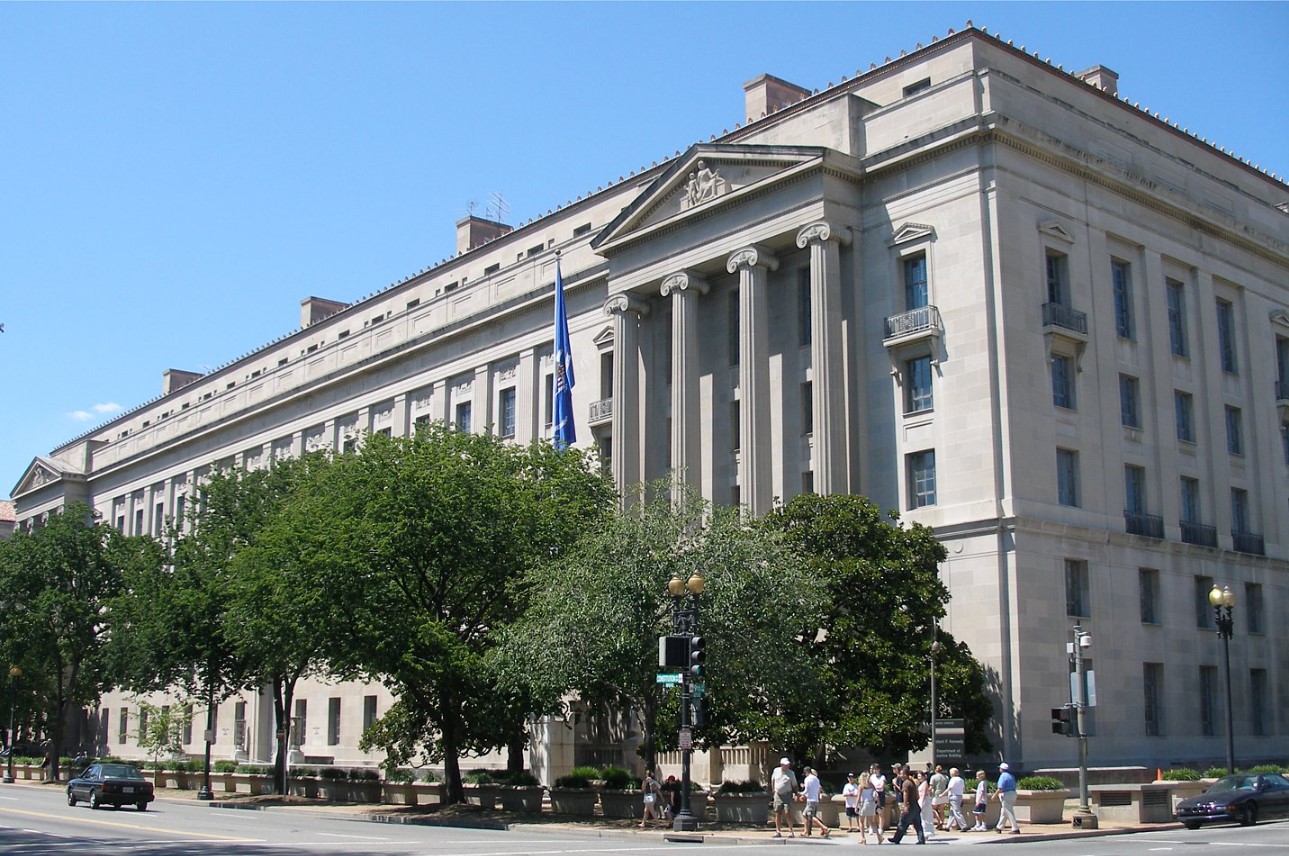Former FBI Director James Comey has been indicted by a grand jury in Alexandria, Virginia, on two counts: obstruction and making false statements to Congress. This indictment stems from Comey's testimony to the Senate Judiciary Committee in September 2020 regarding the FBI's investigation into President Trump's campaign, known as "Crossfire Hurricane."
Explainer James Comey Indicted on Charges of Lying to Senate Committee
The indictment has sparked significant controversy within the Department of Justice (DOJ), particularly among career officials who have expressed their discontent through media leaks. Critics argue that the indictment reflects a politicization of the DOJ, with some officials reportedly using NBC reporter Ken Dilanian as a conduit for their grievances.
Acting U.S. Attorney Lindsey Halligan, who has been in charge of the Eastern District of Virginia, is overseeing the prosecution of Comey. Halligan has indicated her commitment to pursuing the case, despite resistance from some prosecutors in her office who are reportedly reluctant to take it to trial. "I will not tolerate any interference in this matter," Halligan stated.
The indictment of Comey follows a tumultuous period for the DOJ, particularly in the Southern District of New York, where prosecutors faced backlash for their handling of a case against New York City Mayor Eric Adams. After Principal Associate Deputy Attorney General Emil Bove ordered the indictment against Adams to be dropped, several prosecutors refused, leading to resignations and public outcry.
In a related development, New York Attorney General Letitia James is also facing scrutiny. James, who has pursued legal action against Trump, has been accused of listing a secondary residence in Virginia as her primary residence, potentially violating New York law. Reports suggest that a career prosecutor in the Eastern District has indicated a reluctance to prosecute James, regardless of Halligan's stance.
The situation has raised questions about the independence of federal prosecutors. Mike Davis, founder of the Article III Project, criticized the notion of an independent DOJ, stating, "These self-proclaimed independent prosecutors are accountable to the elected president and his Senate-confirmed subordinates."
In response to the leaks and internal dissent, Halligan has already dismissed two top prosecutors from her office. One of those, Michael Ben’Ary, had previously expressed hostility towards Halligan in private messages, which have since come under scrutiny. His attorney disputes the authenticity of these messages.
The ongoing developments have prompted calls for a reevaluation of the DOJ's leadership and structure. Davis emphasized the need for fresh prosecutors to restore integrity to the Eastern District of Virginia, stating, "Only then can justice have a chance of prevailing."
As the legal battles unfold, the implications for the DOJ's reputation and its relationship with the executive branch remain uncertain. The situation highlights the ongoing tensions between political accountability and the pursuit of justice within federal law enforcement agencies.
Why it matters
- Comey's indictment raises concerns about the politicization of the DOJ, reflecting internal dissent among career officials.
- The case against Comey could impact public perception of the DOJ's integrity and independence.
- The indictment follows a tumultuous period for the DOJ, highlighting ongoing tensions within federal law enforcement.
What’s next
- Acting U.S. Attorney Lindsey Halligan is committed to pursuing the case against Comey despite internal resistance.
- Calls for reevaluation of the DOJ's leadership and structure are growing amid the controversy surrounding the indictment.
